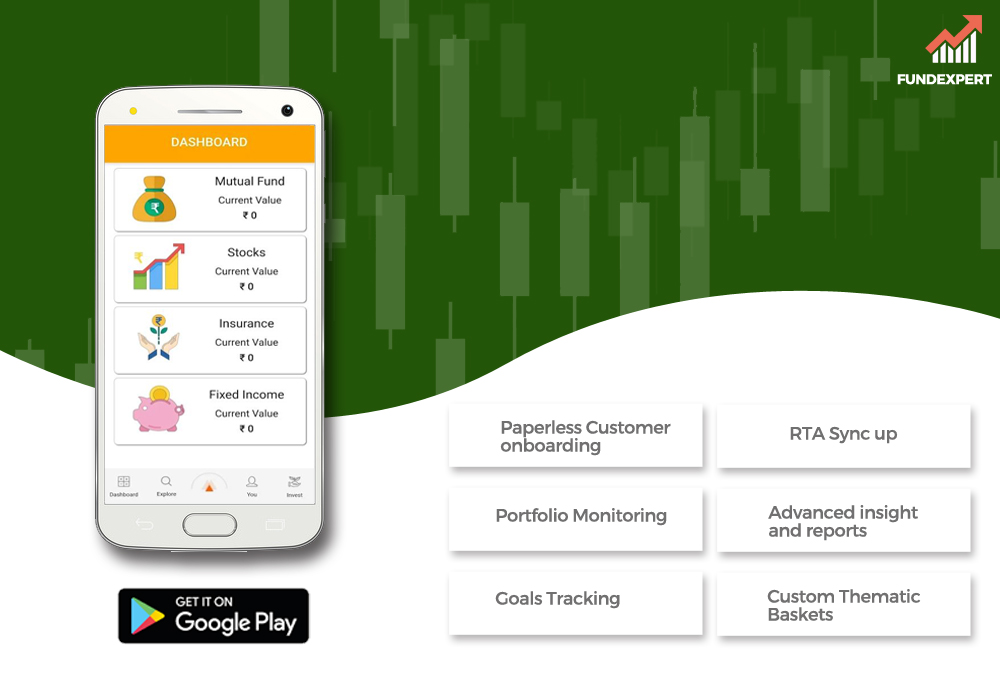Glossary
Payable Date
The date of payment of dividends to investors who do not want to reinvest them. That date may be from a week to a month after the record date elsewhere.
Portfolio
A portfolio refers to the collection by a mutual fund scheme or held by a shareholder of securities (shares, bonds, etc.).
Portfolio Manager
A professional hired by the mutual fund advisor to make investment decisions about buying and selling securities for the portfolio of the mutual fund in accordance with the goals of the fund.
Portfolio Turnover Rate
The pace at which the investment securities of the fund are adjusted annually. If the assets of a fund exceed 100 crore and the fund bought and sold 100 crore of securities that year, the portfolio turnover rate would be 100%. In general, actively managed funds have higher asset turnover rates than long-term holding cautious funds. In general, high portfolio turnover rates add to a fund's expenses.
Preferred Stock
Owners of this type of stock are entitled to a fixed dividend accrued on a regular basis before the dividend can be paid on common stock. In the event of liquidation, they may exercise claims to property that are senior to common stock owners but junior to bondholders. Preferred stock owners do not usually have a voice management system.
Premium
If an investor purchases a security at maturity for a price above its possible value, he has paid a premium for it. The amount by which the par value of a bond or stock sells.
Price of units
Price provided on a daily basis by a mutual fund to buy or sell a product.
Price-To-Earnings Ratio (P/E)
The ratio of the share's market price to profit per stock. This test is used to compare the relative merits of a variety of securities by investment experts.
Price/Book Ratio
A fund's price / book ratio (P / B) is the weighted average of all stock price / book ratios in the portfolio of a fund. The book value of a company is calculated by dividing the market price of its outstanding stock by the book value of the company, and then by changing the number of outstanding shares. (In this estimate, stocks with negative book values are excluded.)
Prime Rate
Interest rates that commercial banks charge lenders deserving of their credit such as big corporations.
Prime Rate Fund
Mutual fund by investing in high-quality corporate debt that aims to suit the return on prime rate.
Prospectus
An official document to be released by each investment firm, identifying the mutual fund and offering its shares for sale. This includes information provided by India's Securities and Exchange Board, including fund fees and expenses, past performance, and how to buy and redeem shares.
